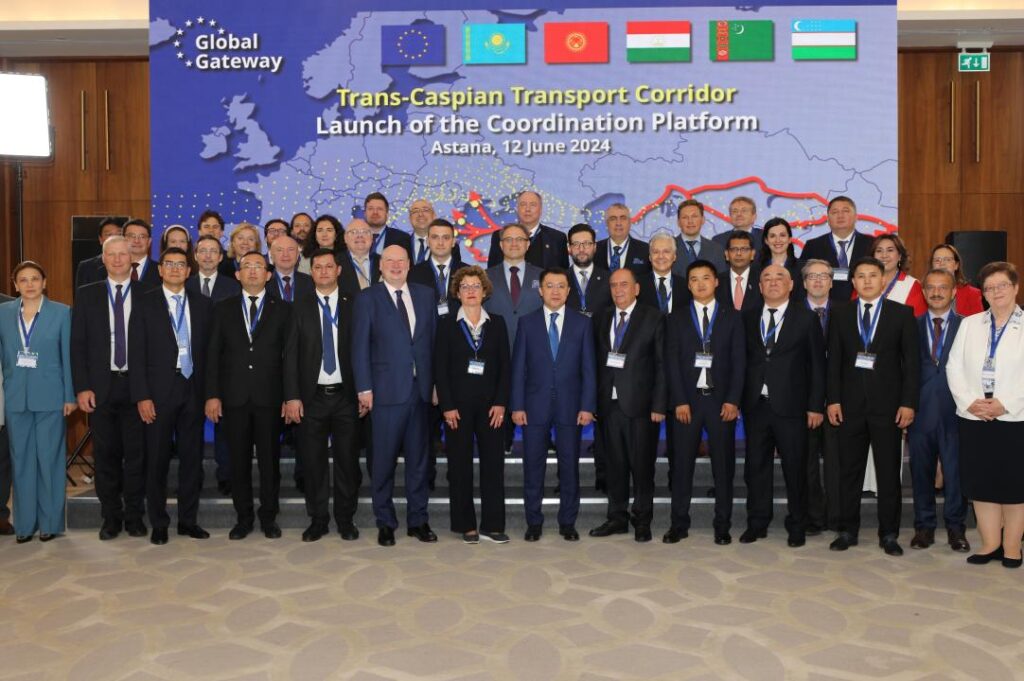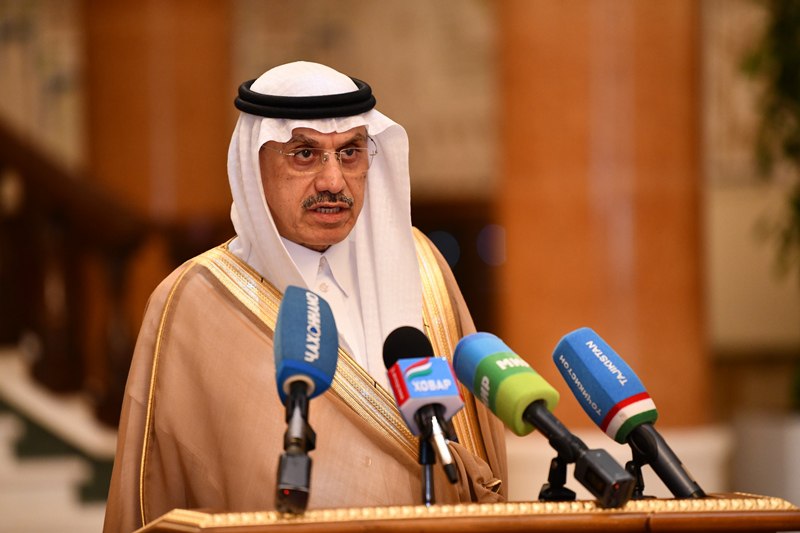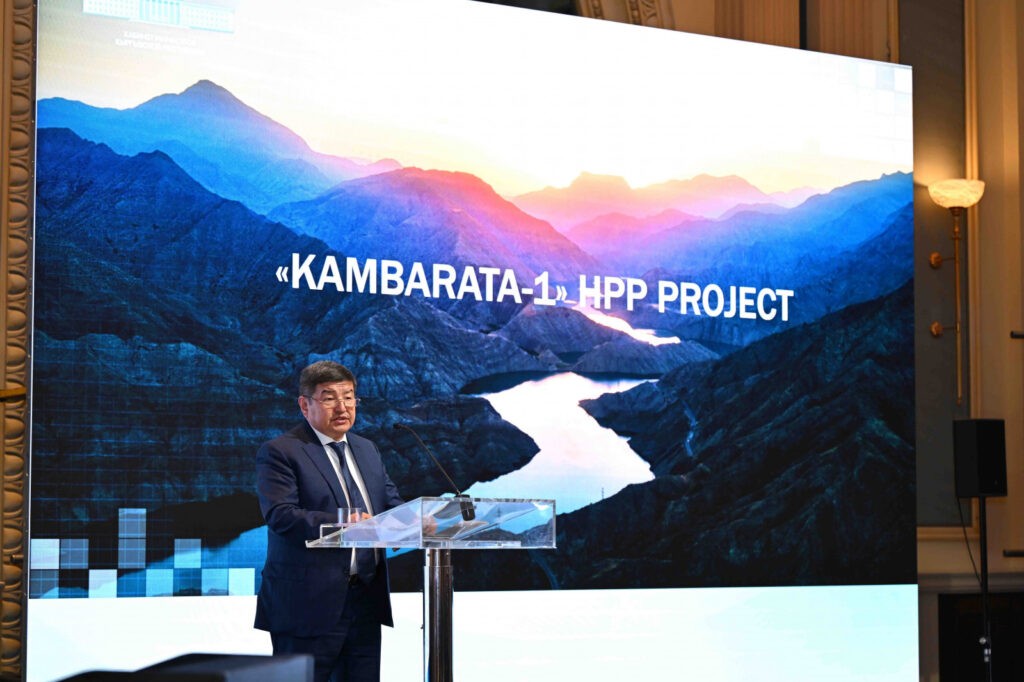EU and Kazakhstan Launch Coordination Platform of Trans-Caspian Transport Corridor
On 12 June, the European Commission and Kazakhstan launched the Coordination Platform for the Trans-Caspian Transport Corridor, also known as the Trans-Caspian International Transport Route (TITR) or the Middle Corridor, in Astana. According to Kazakhstan’s Ministry of Transport, the newly established Coordination Platform will improve the safety and sustainability of the Trans-Caspian Transport Corridor and turn it into a multimodal and competitive route linking Europe and Asia in 15 days or less. The event was attended by representatives of Central Asian countries and other states sited along the corridor, as well as international financial institutions and non-EU G7 countries. Emphasizing the critical development of transport infrastructure and strengthening transport links for the regions’ economic growth and prosperity, Marat Karabayev, Minister of Transport of Kazakhstan, stated: “The establishment of the Coordination Platform provides us with a unique opportunity to join forces, exchange experience and perspectives to reach common goals. I would like to note that our partners from Armenia, Azerbaijan, Georgia, as well as Turkey have been invited to join this effort, which plays an important role in terms of achieving major and sustainable goals for the development of the Trans-Caspian International Transport Route.” The Minister of Transport expressed gratitude to the European Union for its invaluable support and efforts towards the development of Central Asian countries. Speaking at the event, Henrik Hololei, Hors-Classe Adviser at the Directorate-General for International Partnerships in the European Commission, stated: "The Coordination Platform created for the Trans-Caspian Transport Corridor marks a significant step forward in our cooperation to bring Central Asia and Europe closer together. Sustainable transport connections are crucial for consolidating the region’s economic growth and connectivity with Europe." Ms. Maja Bakran, Deputy Director General for Mobility and Transport at the European Commission, then added: “The Coordination Platform will be instrumental in making the Trans-Caspian Transport Corridor a multimodal, modern, competitive, sustainable, predictable, smart and fast route linking Europe, the Caucasus and Central Asia. The coordination efforts among the various stakeholders will drive forward deeper connections and contribute to sustainable economic development of the region.” The Platform’s key objectives are to promote the corridor and coordinate efforts on the implementation of priority hard and soft infrastructure projects in Central Asia. It will also boost and coordinate investments in rail, road, and port infrastructure.






